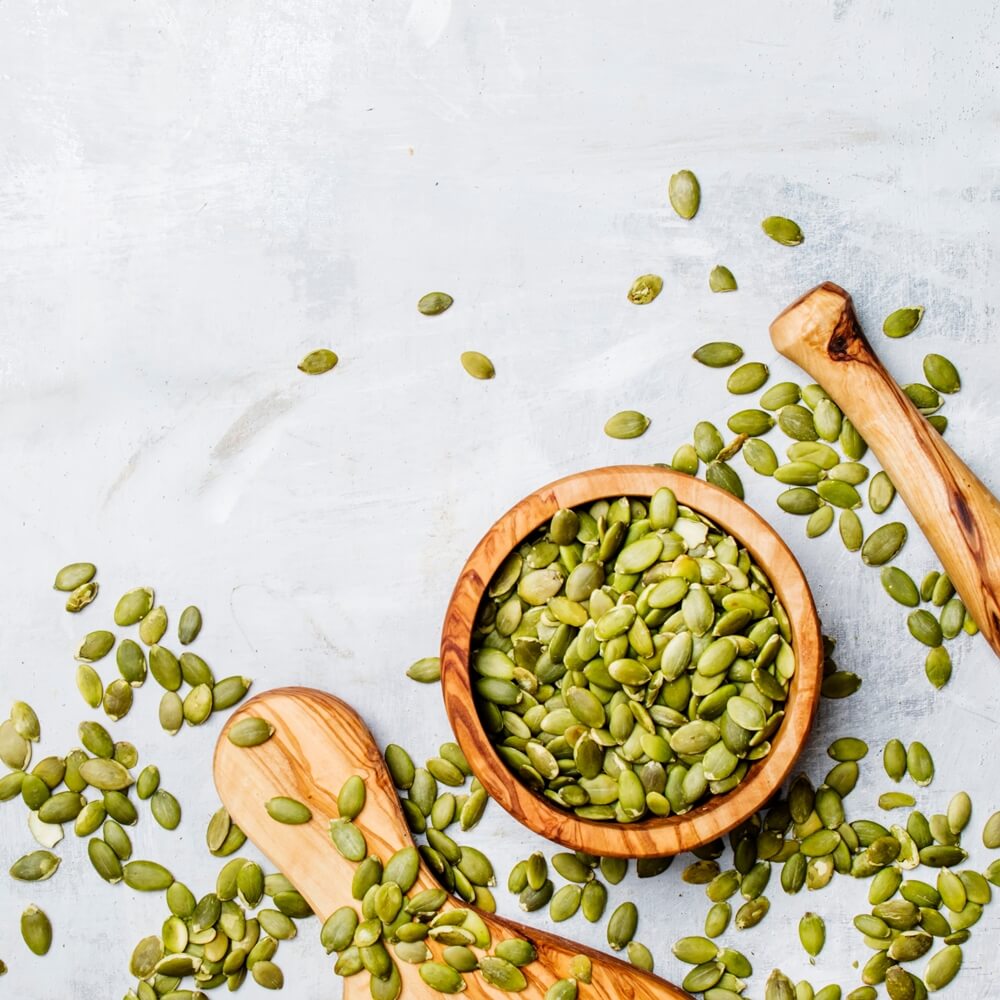In past years, worrying about the health of your immune system would likely only come up in the fall when the flu and other respiratory infections start to spread. Now, with COVID-19, the immune system has become top of mind. There are several vitamins and minerals that have become superstars for their immune-boosting capabilities. So much so, that it has been hard to find these supplements on grocery store shelves or even online. Vitamins A,C, D and E, selenium, iron, and zinc are known to strengthen immunity by supporting various functions such as production of immune cells, cellular repair, reducing inflammation, and decreasing oxidative stress…
After battling COVID-19 myself early in 2020, I have been experimenting with alternative recovery methods to reduce inflammation and get back to my fully healthy self. Zinc picolinate was an integral part of my nutritional protocol when dealing with COVID-19 symptoms and healing. Here is a detailed account of my exact protocol and tools used when I was recovering.
As a nutritionist, I encourage my clients and community to focus on getting essential nutrients from whole food sources. Many plant-based foods contain the vitamins and minerals that protect your body from toxins and viruses. Supplements can be taken for extra support or if advised to do so by your doctor. Below is everything you need to know about one one of the minerals your immune system needs: Zinc.
What Is Zinc?
Zinc is a trace element that is imperative for optimal human health. Zinc supports many of the body’s processes and is often touted for its immune-boosting potential. The body cannot create zinc on its own, so zinc must be consumed from food or supplemental sources. There are many foods that contain enough zinc to support wellness. Foods that contain high amounts of zinc include oysters, nuts, seeds, and red meat. It is very uncommon for a person living in the United States to experience a zinc deficiency.
Why Do We Need To Consume Zinc?
Researchers discovered zinc deficiency and its symptoms about 50 years ago in the Middle East. With cognitive impairment, delayed growth, and immune dysfunction being among the main issues, the importance of zinc in our diet became much bigger news. A more recent study published in Frontiers of Immunology found that 16 percent of deep respiratory infections were due to zinc deficiency.
Zinc supports health in many ways, but our bodies do not create this trace element, so we must consume zinc from other sources. Currently, the recommended daily values for zinc consumption are 11 mg for men and 8 mg for women. Women who are pregnant or lactating require more zinc than usual. If you are a member of this population, chat with your doctor to determine how much zinc is right for you. Populations who should keep an eye on their zinc consumption include: vegetarians, pregnant and lactating women, alcoholics, and people with a condition that decreases mineral absorption.
How Does Zinc Affect Our Well-being?
Zinc is one of the most important minerals for optimal health. One of the most publicized functions of zinc is its immune-supportive properties. Zinc is incredibly adept at helping your body protect itself against viruses and bacteria as it is essential in the development and function of the cells that run your immune system. Studies have shown that zinc can reduce the duration of the common cold and supports your body’s ability to heal wounds. Additionally, zinc is required for healthy growth and development, making it an important mineral for pregnant and lactating women and infants. Zinc is also known to support approximately 100 different enzyme processes!
Food Sources Of Zinc
There are many foods naturally high in zinc. It is preferable to get your zinc intake from animal sources as it is more bioavailable, and the phytates in plant-based sources keep your body from absorbing as much as necessary. If you are on a plant-based diet you may need to consume up to 50 percent more food sources of zinc than a person who eats meat.
Here are 6 plant-based foods that contain high amounts of zinc:
- Pumpkin seeds – 2 ounces of pumpkin seeds contain about 5.8 mg of zinc
- Cashews – 2 ounces of cashews contain about 3.2 mg of zinc
- Baked beans – 1/2 cup of baked beans contains about 1.75 mg of zinc
- Dark chocolate – 1 ounce of chocolate contains about .9 mg of zinc
- Fortified oats – 1 serving of fortified oats includes about 1 mg of zinc
- Chickpeas – ½ cup of chickpeas contains about 1.25 mg of zinc
How to Maximize Zinc Absorption
Zinc absorption is affected by many factors. First, protein supports zinc absorption, so it is a good idea to eat zinc along with this macronutrient. Zinc absorption can also be inhibited by phytates, a compound present in many legumes, nuts and seeds. It can be helpful to soak, sprout or cook these foods to improve absorption. Eating garlic and/or onion with your zinc-containing plant foods can also increase their absorption.
If you are a vegetarian, you may want to speak with your health provider about increasing your zinc consumption. If you are taking zinc in supplement form, zinc picolinate, zinc citrate, zinc acetate, zinc glycerate, and zinc monomethionine are considered the easiest to absorb. When purchasing supplements, it is important to purchase from a trusted source that creates high-quality supplements. Always check with a doctor before starting any supplementation program, especially if you live with a condition or are taking medication. There are known contraindications for zinc supplements. Additionally, zinc can be toxic if consumed in too large of doses.
Final Thoughts
Making healthy lifestyle choices is the most important thing you can do for your immune system. Getting enough sleep, exercise, sunshine, and nutrients from real whole foods is key. As for the mineral discussed above, zinc is important for our bodies year-round, whether there is a pandemic or not. This mineral is important for our immune system, brain health, growth and development, and reproductive health. Although it is uncommon for US citizens to be deficient in zinc, the benefits of consuming ample zinc are meaningful and can be a priority when considering immune health.
by





